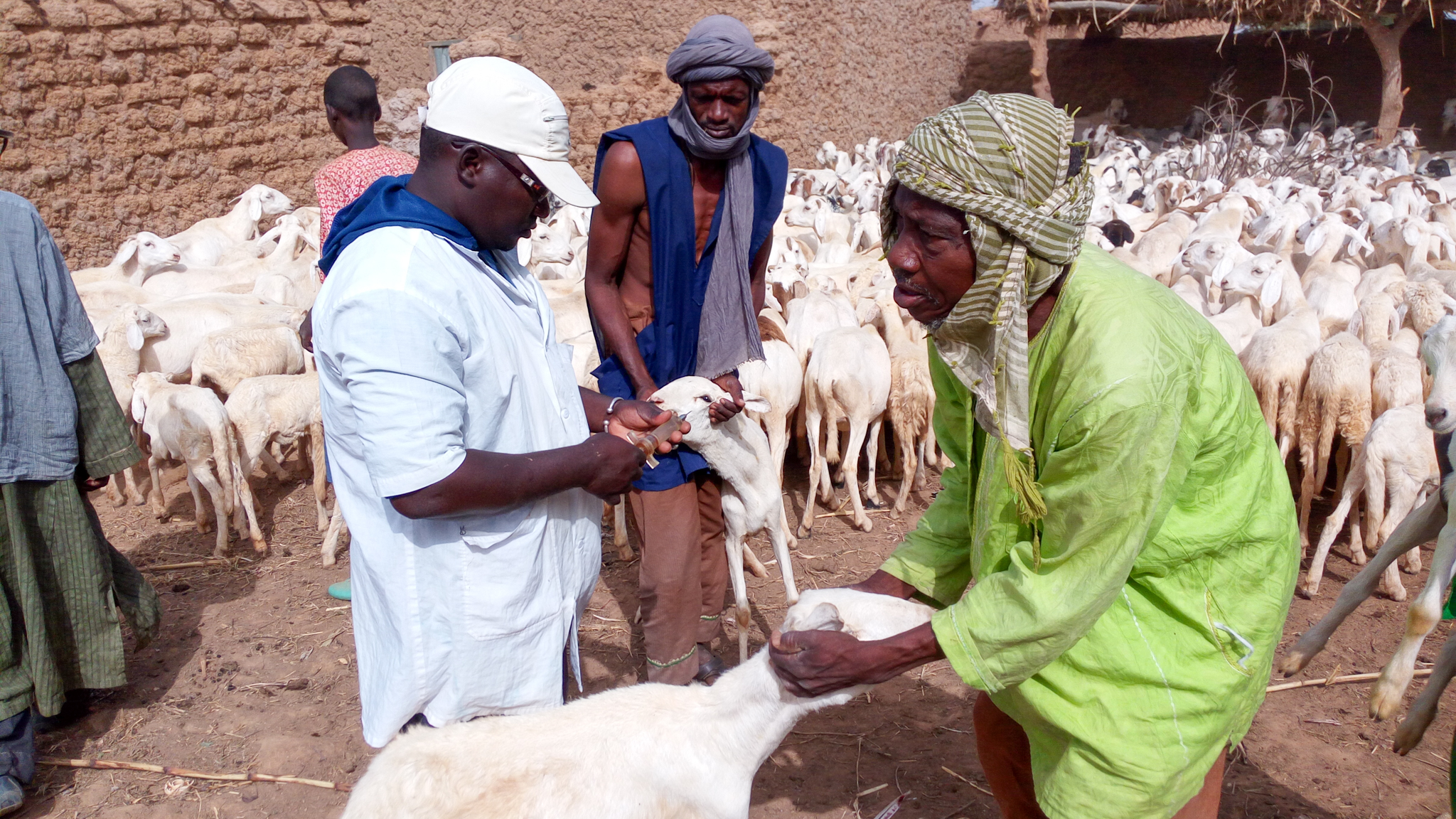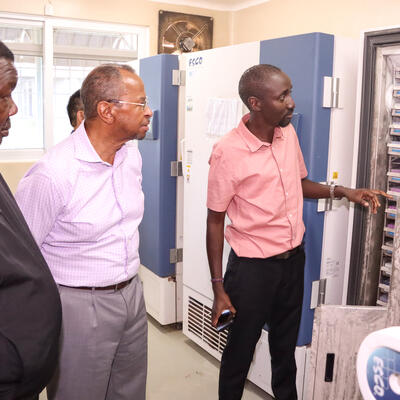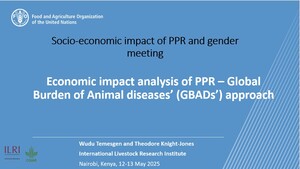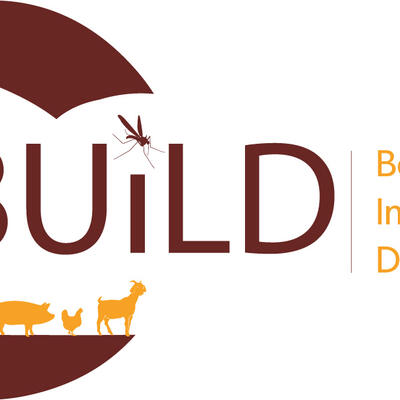
New vaccine to protect Mali’s sheep and goats against peste des petits ruminants
A recent workshop in Mali set the stage for a significant project tackling peste des petits ruminants (PPR) disease. The Technologies for African Agricultural Transformation (TAAT) Livestock Compact program, funded by the African Development Bank (AfDB), will tackle this highly contagious disease which impacts millions of sheep and goats globally, ultimately improving the lives of Malian herders and boosting the country's vital small ruminant sector
PPR is a devastating disease which hurts livestock economies and threatens food security worldwide, especially for families reliant on sheep and goats. The disease has a concerning global reach, and its economic impact is estimated at USD 1.2-1.7 billion annually. To combat this threat, a global effort is underway to eradicate PPR by 2030.
A game-changing thermotolerant vaccine
The TAAT program is introducing a new weapon to Mali's fight against PPR—a thermotolerant vaccine, developed through a public-private partnership between the International Livestock Research Institute (ILRI), the Central Veterinary Laboratory (Mali) and Hester Biosciences (India). Unlike traditional PPR vaccines that require cold storage, the new vaccine can withstand high temperatures, making it ideal for widespread vaccination in Africa’s hot regions and remote areas. This thermostability will significantly reduce program costs, improve vaccination effectiveness, and ultimately empower Malian communities.
With a goal of protecting 1 million sheep and goats across 35,000 households in central Mali, this initiative not only safeguards livestock but also contributes to increased income, food security, and climate change mitigation for these families.

TAAT project
The project will tackle PPR and empower communities through:
- Local vaccine production: The project will support the production of the thermotolerant PPR vaccine, ideal for Mali's climate. This eliminates the need for a complex cold chain, making vaccination drives more efficient.
- Increased herd health: Mass vaccination campaigns will significantly reduce herd mortality and boost animal productivity.
- Improved livelihoods: Both men and women farmers will see increased income due to healthier animals and a higher volume of animals sold.
- Enhanced nutrition: Improved animal health translates to better quality meat reaching markets, ultimately contributing to better nutrition for consumers.
Key activities:
- Vaccination drives targeting 1 million PPR vaccine doses for sheep and goats across 35,000 small ruminant-keeping households in central Mali.
- Training 40 veterinarians in the regions of Sikasso and Ségou regions on best practices for livestock vaccination.
- Raising awareness about the benefits of vaccination and best practices using a behavioural change communication package (BCC) to the same 35,000 households.
- Building synergies with existing initiatives such as the CGIAR Initiative on Sustainable Animal Productivity (SAPLING) and national strategies such as regional projects to support pastoralism in the Sahel (PRAPS), to avoid duplication and maximize impact.
Partners
The success of the TAAT program hinges on collaboration between various stakeholders. The workshop brought together key players, including the National Directorate of Veterinary Services (DNSV), Direction Nationale des Production et sante Animales (DNPIA), Centre National d’Appui à la Santé Animale (CNASA), the Collective of Veterinarian Representatives of Mali (COVEM), and the Central Veterinary Laboratory (LCV).
The road ahead
With a clear roadmap in place, the TAAT Livestock Compact program is poised to make a lasting impact on Mali's livestock sector. By controlling PPR and empowering local communities, this initiative has the potential to ensure a prosperous future for Mali's small ruminant sector, boost incomes, enhance food security, and promote climate-resilient practices.


















